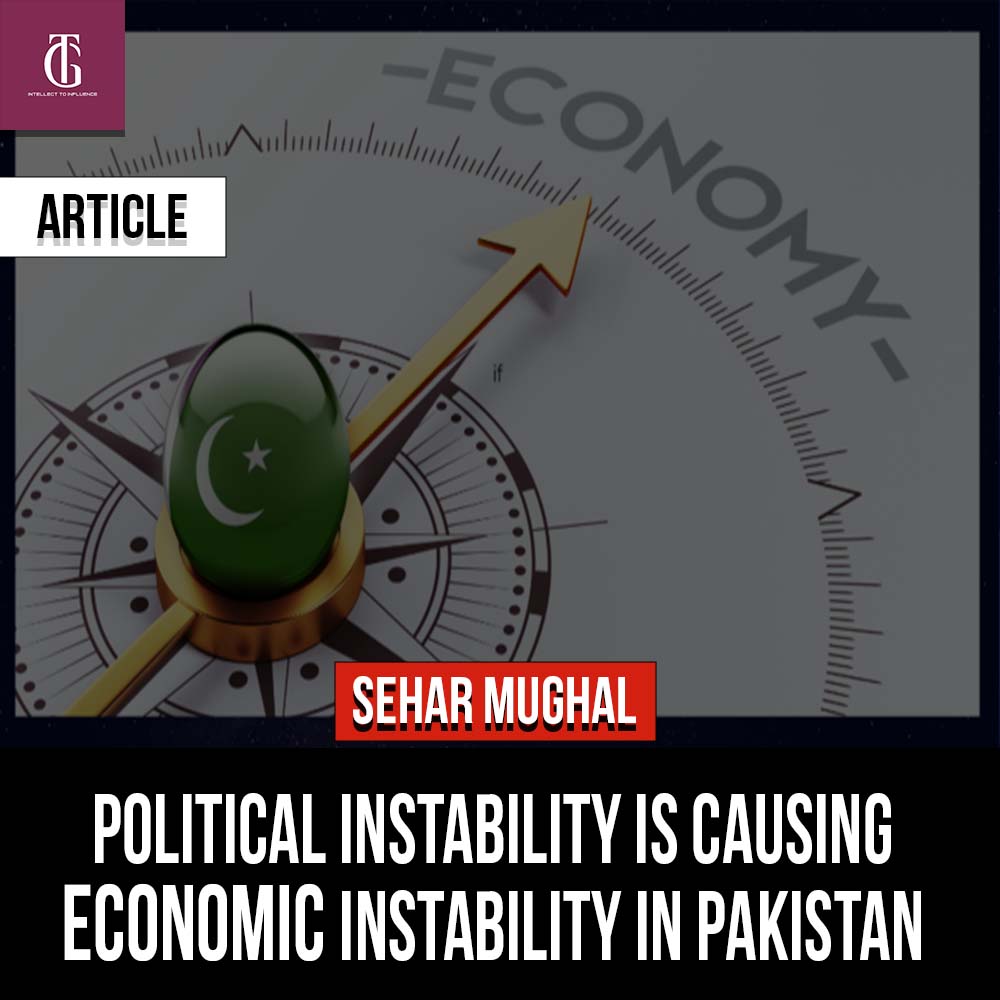
In the world of nation-building, the delicate balance between political stability and economic well-being is like a tightrope walk. One misstep can lead to a tumble affecting the whole show. This relationship is not just a theory; it’s a real dance where each move affects the other. Let’s unravel this intricate connection and see why it matters, especially for places like Pakistan. When a country’s political scene is like a rollercoaster, its economy often feels the bumps.
Developed nations, whether they lean democratic or authoritarian, have something in common – stable politics. In these places, strong institutions flourish, creating a cozy space for economic growth. Businesses like stability, investors like predictability, and this harmony fosters an environment where everybody can thrive. Contrastingly, there are countries wrestling with political instability. Here, the link between shaky politics and economic troubles becomes crystal clear.
These places struggle to grow sustainably because political uncertainty makes investors nervous and businesses hesitant to take risks. Pakistan is right in the middle of this dilemma.
The economic costs of political instability here have set off a series of problems, as pointed out by many smart minds. According to the South Asia Economic Outlook for 2023, Pakistan’s growth rate is a modest 1.7%, way behind neighbors like Bangladesh at 8%, Afghanistan at 4%, and India at 6.3%. It is not just about numbers; it’s about the real impact on people’s lives.
When politics is a wild ride, investors get jittery, businesses hit pause, and economic plans become like playing darts in the dark – you’re not sure where it’ll land. So, why does this matter? Because a stable political environment provides ample opportunities for economic growth. Investors feel safe, businesses can plan for the future, and economic policies become more predictable. But when politics is a storm, economic growth takes a hit, like a flower struggling in the shade.
To tackle this challenge, nations need to juggle both political stability and economic growth. It’s like building a house – you need a strong foundation. Strengthening institutions, having open and honest leaders, and creating political environments that inspire trust are like laying the groundwork for a sturdy house.
Hence, this correlation between political stability and economic prosperity isn’t just a theory; it’s a practical reality. Businesses want stability, and economies thrive in predictable environments. To truly prosper, countries must pay attention to both the functioning of politics and the rhythm of the economy. It’s time to choreograph a routine where both partners move together, ensuring a brighter and more stable future for all.
Sehar Mughal
The author is an MPhil in English Linguistics from Government College University, Faisalabad. She writes for different English media outlets.






Wowwwww